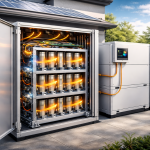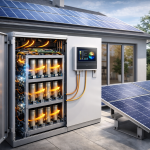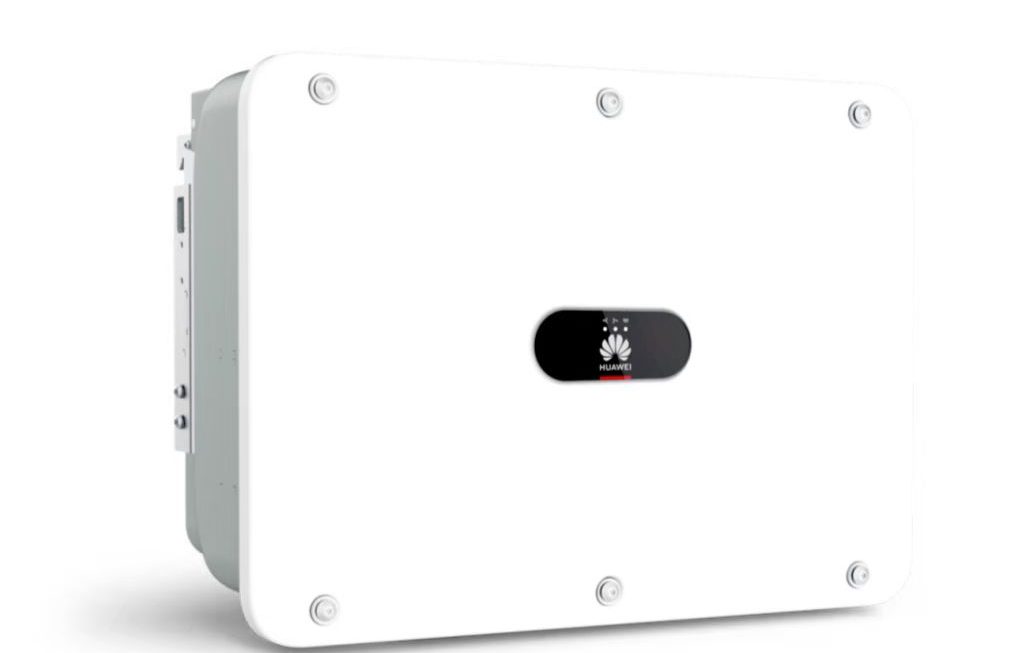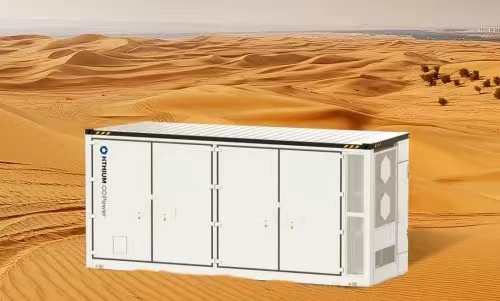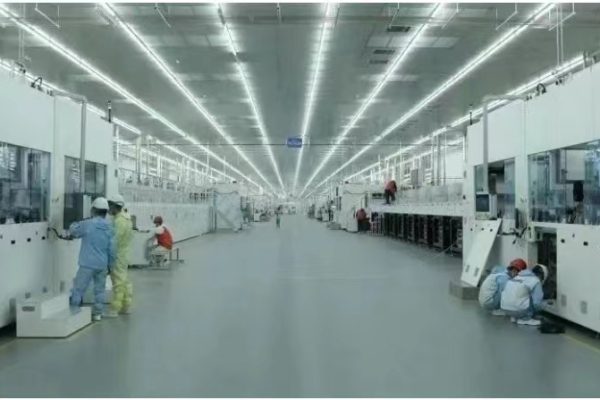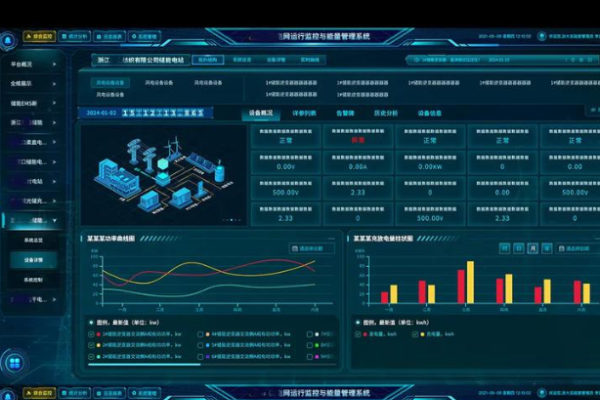Beyond Daily Self-Consumption
When most buyers think of home energy storage systems (ESS), they focus on reducing energy bills by storing excess solar generation for nighttime use. However, many systems today also include UPS (Uninterruptible Power Supply) functionality, which is often under-communicated but highly valued. Exporters who highlight this feature can differentiate their offers and unlock a hidden sales advantage in residential markets worldwide.
1. What Is UPS Functionality in Home Storage?
- Definition: UPS ensures that, in the event of a grid outage, the home storage system automatically switches to battery power with no interruption.
- Technical Value: Sensitive devices like computers, medical equipment, or smart appliances keep running smoothly.
- Buyer Perception: Instead of just being a “solar battery,” the system becomes a reliability solution.
Exporter Tip: Emphasize that UPS protects modern lifestyles beyond saving money.
2. Why Buyers Underestimate UPS Value
- Primary Focus on Savings: Most buyers see ESS as a way to cut electricity bills.
- Lack of Awareness: Many do not realize that outages can cause damage or data loss.
- Hidden Feature: Manufacturers often fail to explain UPS clearly in brochures.
Exporter Tip: Train sales teams to ask about outage concerns and link them to UPS capability.
3. Market Segments Where UPS Is a Strong Selling Point
- Urban Professionals: Remote workers and digital households want seamless internet and computer uptime.
- Families: Parents value reliable power for appliances and children’s needs.
- Medical Equipment Users: Households with health devices require uninterrupted supply.
- Small Businesses/Home Offices: ESS doubles as a business continuity solution.
Exporter Tip: Segment quotations with UPS as a lifestyle or productivity feature.
4. Regional Differences in Buyer Sensitivity
- Europe: Buyers in Southern and Eastern Europe (with weaker grids) value UPS more than those in Northern Europe.
- Asia: Frequent outages in emerging markets make UPS a critical requirement.
- US & UK: Backup demand is growing, especially as extreme weather events increase.
Exporter Tip: Adjust marketing—highlight UPS where grid instability is a daily concern.
5. Technical Specifications Buyers Expect
- Switching Time: Ideally less than 20 milliseconds.
- Load Capacity: Enough to cover essential circuits (fridge, lights, IT equipment).
- Integration: Smooth compatibility with solar inverters and smart home systems.
- Warranty: Buyers want assurance UPS function is covered, not excluded.
Exporter Tip: Clearly list UPS specifications in datasheets and quotations.
6. UPS as a Differentiator Against Competitors
- Competitor Weakness: Many exporters mention only kWh capacity and cycle life.
- Added Value: By highlighting UPS, you shift the narrative from “storage battery” to home energy security.
- Buyer Trust: Clients see you as a problem-solver, not just a hardware seller.
Exporter Tip: Frame UPS as a hidden but premium feature that elevates ROI.
7. Risks of Overlooking UPS in Sales
- Missed Opportunities: Buyers who value backup may go to competitors.
- Underselling Products: A system with UPS advertised only as “storage” loses appeal.
- Perception Gap: Clients may not understand why your price is higher if you don’t explain added UPS benefits.
Exporter Tip: Always make UPS part of the value story in presentations.
Turning a Hidden Function into a Core Sales Argument
The UPS function in home storage is more than a technical detail—it is a hidden selling point that resonates with diverse buyer groups. Exporters who actively promote UPS as part of their quotation logic can elevate their competitive advantage, appeal to security-conscious buyers, and strengthen long-term trust. In markets where power continuity is a growing concern, UPS can be the decisive factor in closing deals.

